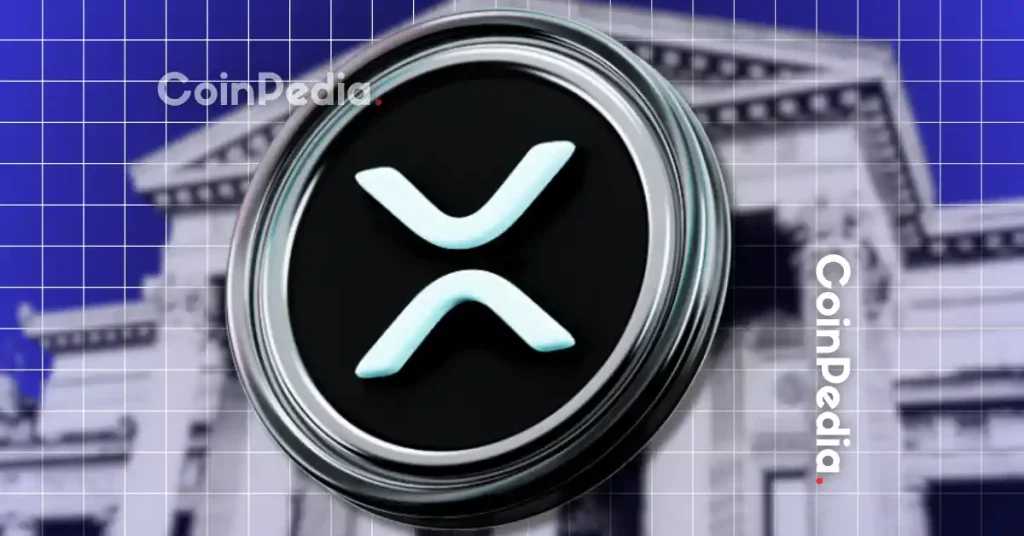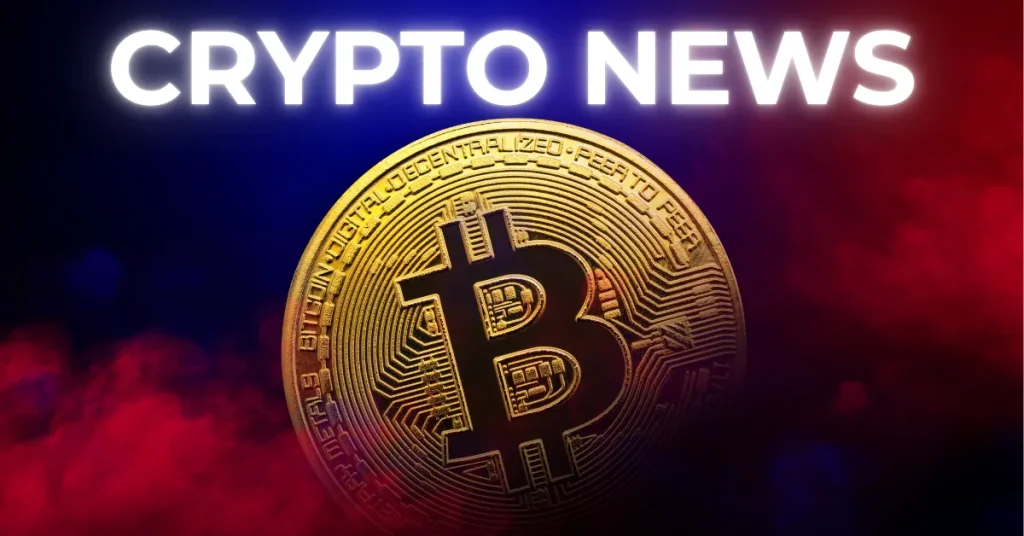
The Malaysian Securities Commission has launched a public consultation to gather feedback on a proposed framework for tokenized capital market products.
According to a May 6 notification, the initiative aims to explore how distributed ledger technology (DLT) can be integrated into the country’s capital markets, potentially enabling innovations such as programmable assets, fractional ownership, and faster settlements.
The consultation is open for public feedback until 16 June.
What does the Securities Commission propose?
The 26-page consultation paper clarifies regulations around the use of blockchain to issue tokenized versions of traditional capital market products, such as shares, bonds, and funds.
The proposed framework focuses on a “digital twin” model, where traditional capital market products are mirrored on a blockchain.
These tokens would serve as cryptographically secured digital representations of existing instruments, which enables more efficient record-keeping and transfer processes without replacing the original off-chain assets.
Under the proposed framework, tokenized products must comply with existing securities laws and guidelines, including those governing disclosure, governance, and record-keeping.
Issuers would be expected to maintain dual records of ownership, both on-chain (via blockchain) and off-chain (in traditional registries), to ensure consistency and legal clarity, particularly in cases like share ownership where statutory registers remain the official source of truth.
The SC has proposed additional disclosure obligations, requiring issuers to explain how the tokenization process works, the type of blockchain used, how value is derived and transferred, and how rights such as dividends or redemptions are handled.
Issuers must also provide contingency plans to address cybersecurity threats and other risks related to blockchain disruptions or outages.
Further, Recognised Market Operators (RMOs) would be responsible for overseeing the platforms that facilitate tokenized offerings.
They must ensure transparency, uphold custodial standards, and verify that issuers have met all compliance obligations, even if third-party service providers are involved.
However, the paper has urged caution around the use of public blockchains, warning that networks without appropriate controls may pose cyber risks.
While it does not propose a ban, permissionless public blockchains are expected to meet stricter oversight standards.
At the same time, issuers would be required to justify their choice and implement adequate risk safeguards.
To ensure accountability, the SC may require third-party audits or legal opinions before granting approval for tokenized product offerings.
Issuers and operators must also consult with the SC before launching tokenized instruments.
Crypto regulations in Malaysia
Cryptocurrencies in Malaysia are regulated under the Capital Markets and Services Order issued in 2019.
Under this regime, digital asset exchanges must be registered as Recognised Market Operators, and issuers of digital tokens must obtain approval through an Initial Exchange Offering platform.
Bitcoin, Ethereum, and other non-security digital assets are permitted but can only be traded on licensed platforms such as Luno, Tokenize, and SINEGY.
The push for clearer crypto regulations comes amid a rise in illicit activities tied to digital assets, particularly illegal Bitcoin mining.
In recent months, Malaysian authorities have ramped up enforcement after uncovering large-scale operations siphoning electricity to power mining rigs.
The post Malaysia proposes new framework for tokenized capital market products appeared first on Invezz















 English (US) ·
English (US) ·